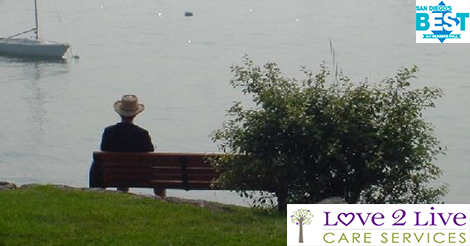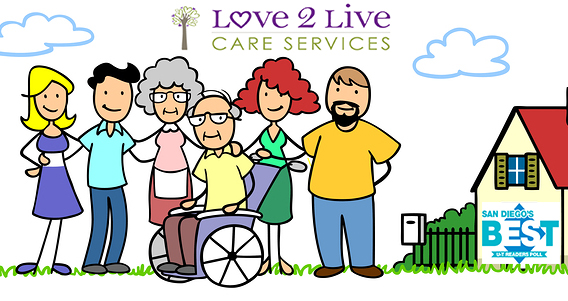 Some alone time is wonderful. Too much? Terrible.
Some alone time is wonderful. Too much? Terrible.
As senior care professionals, every day, we see how efforts made by an adult child, sibling or spouse cheers and reassures an aging senior. Even the phone calls of faraway family members go a long way in determining care, making household decisions and keeping loneliness at bay.
Given the blessing of family connections, it’s tough to read that a significant portion of Baby Boomers will go into their senior years with few or none. Recently, Maria Torroella Carney, M.D., chief of geriatric and palliative medicine at the North Shore-Long Island Jewish Health System, reviewed dozens of studies to conclude that, in the coming years, many will navigate this time alone.
In 1980, just 22 percent of Americans aged 45 to 63 were single with no children. On the other hand, Dr. Carney’s research reveals that 33 percent of those in that age bracket today will face their senior years alone. Unlike prior generations, 19 percent of women aged 40 to 44 have no children. In 1980 that number was just 10 percent. While these numbers also reflect the increased range of choices people—women in particular—have enjoyed, they also bring attention to the need for advocates for seniors who could face dementia and Alzheimer’s disease with no input from loved ones.
Echoing these findings, the 2015 Health and Retirement Study from the University of Michigan found that that 22 percent of people 65 and older are now, or at risk of heading into old age with no familial support. This study also listed the negative outcomes for this population including functional decline, premature death, serious health issues and malnutrition. In 2015, AARP also chimed in with its findings that, while in 2010, 7 potential family caregivers existed for every 80-year-old, by 2030 that number would decline to 4 to 1. By 2050, caregiver availability drops again to 3 to 1.
Because they have no support system, Dr. Carney terms this group potential “elder orphans.” With the “Silver Tsunami” cresting in the coming years, more and more “elder orphans” will have no one to act as their power of attorney. That means important financial and healthcare decisions will be left in the hands of the state. Carney raises the alarm that, “there is potentially no structure to address this population.” She hopes that in the future, senior advocacy groups can provide earlier social services and support, before crises send vulnerable, solitary seniors to the emergency rooms.

Communities for Elder Orphans in the Works
Here at Love 2 Live Care, we are encouraged by a number of community developments that could help elder orphans connect with those close by in the coming years. In the past, we’ve written about Tierrasanta Village of San Diego, where neighbors help neighbors cope with the challenges of daily life. Covered by KPBS and NBC, Tierrasanta Village volunteers store up hours by performing services for older neighbors. When a volunteer then needs help, they can cash in their volunteer hours and get whatever they need. Similarly, City Heights seniors have created a roving senior center where neighbors take turns hosting games and getting to know one another for eventual support. Citizens can find senior villages in San Diego are in Del Cerro, Del Mar and Scripps Ranch as well. Organizations like the Co-housing Association of the United States and Changing Aging help organize seniors and others in living situations that provide mutual support. As of February, 2016, 161 cohousing communities existed in the United States and 100 more were actively forming.
Love 2 Live Care Services Is Sensitive to the Needs of Elder Orphans
Even mutually supportive communities use outside caregiver services from time to time. Our caregivers have visited clients in Tierrasanta Village and others many times. We’re amazed at how aging is changing as seniors stay independent and healthy for years longer than they used to. With comprehensive background checks, supervision, training and annual reviews of caregivers (which includes client input), our caregivers are among the top in San Diego. We always have a backup caretaker for your loved one in the event of an emergency and/or tasks that outmatch family or neighbor care. Call us at 619-291-4663 to schedule your no-obligation in-home assessment, free of charge. If you are a concerned relative residing in another city, or even in another state, we are happy to keep you updated on your loved one’s health and happiness.